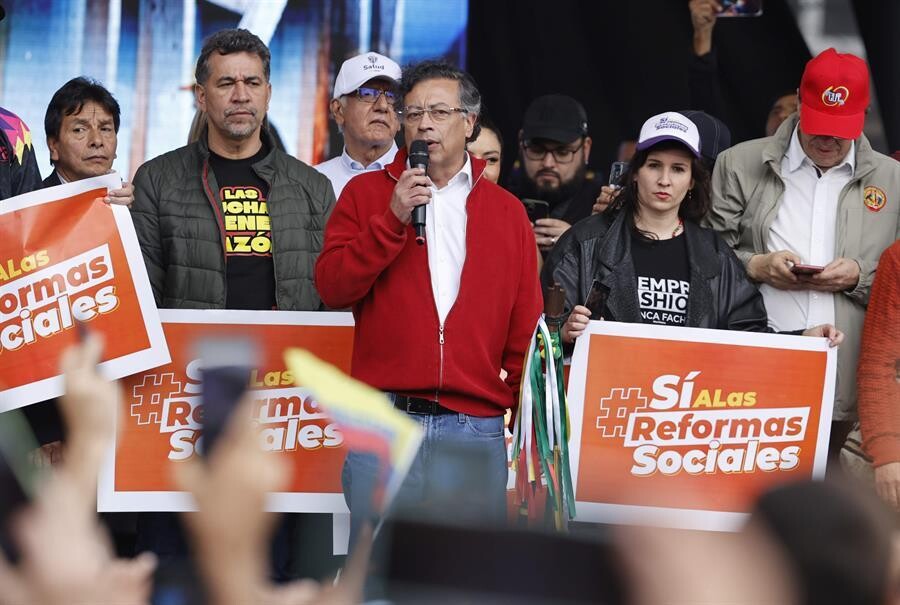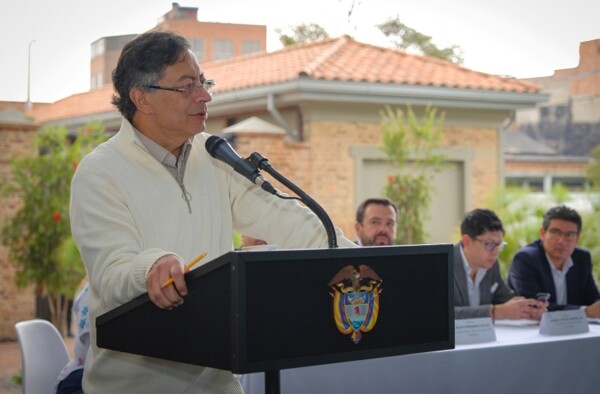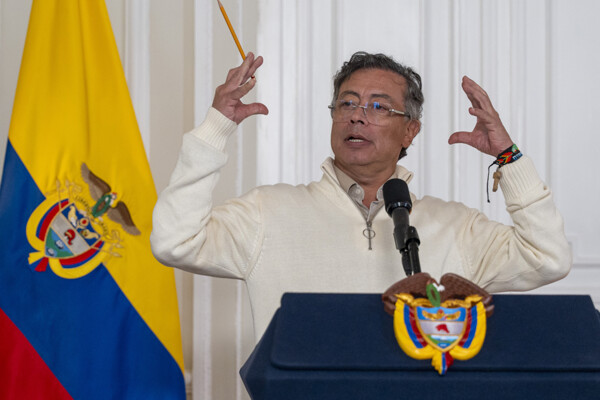
Colombian President Gustavo Petro has suffered a setback in Congress as his labor reform was sunk in the Senate's Seventh Commission. This is the fourth major reform that Congress has rejected from Petro's government, after those related to health, education, and the second financing law.
In this regard, the same Commission that archived the labor reform now has the second health reform in its hands, which aims to transform EPS into "health and life managers" and ensure comprehensive care for citizens. Furthermore, it seeks to strengthen the Health Resources Administrator (Adres) and prioritize prevention in health.
Following this legislative setback, the government announced that it will issue nine regulatory decrees for the reform and that another part of the project will be submitted to a popular consultation in the future. Petro expressed his dissatisfaction, pointing out that some senators refused to continue with the conciliation process that had taken place in the House of Representatives.
The labor reform, which aimed to improve the conditions of workers and generate new jobs, was ultimately shelved by eight members of the Senate's Seventh Commission. Petro has promised to call for a popular consultation for the population to decide on the initiative.
The Colombian president has attributed the stagnation of his reforms to corruption and the resistance of the political class. Despite the rejection in Congress, Petro has shown strength with massive demonstrations in support of his social reforms and announced that he will proceed with the popular consultation to involve citizens in decision-making.














